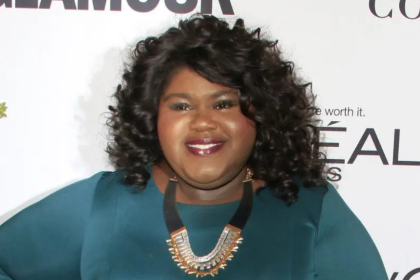Raven-Symoné recently caught heavy backlash for a statement made during an interview on Oprah’s “Where Are They Now.”
Symone suggested that she didn’t want to be defined by labels and said, “I don’t want to be labeled gay. I want to be labeled, a human who loves humans. I’m tired of being labeled. I’m an American, I’m not an African American. I’m an American.”
Oprah warned Raven-Symoné that her comments would cause Twitter to go into an uproar. Moments after the interviewed aired, Raven-Symoné was a trending topic on Twitter as many black users chastised her for not wanting to be labeled as African American.
Pharrell caught similar criticism a few months ago for his statement about the “new black.” The music producer attempted to express a need for black people to not a lean on past injustices for excuses.
But Raven-Symoné and Pharrell’s position when it comes race distancing is nothing new.
Black celebrities have always struggled with maintaining a sense of self while delving navigating the mainstream. When black artists would perform before majority white audiences in the early half of the 20th century, it was common for black artists to smile and be jovial. The less threatening a black artist could appear, it would allow him or her to gain more acceptance which, in turn, could lead to more opportunities.
But by the 1960s, more mainstream black artists began to embrace their heritage and culture. James Brown’s “Say It Loud” was a turning point for black celebrities and proved that embracing blackness wouldn’t stymie earning potential. Moreover, black athletes such as Muhammad Ali and Jim Brown made it a point to stand up for black causes while performing at a high level in sports.
However, many of today’s black celebrities have returned to the act of distancing themselves from being “too black.” When approval from the mainstream can lead to corporate dollars, creating a distance between blackness may come off as a ploy to appear safe to white audiences.
But in America, race can’t be denied. Black celebrities can imagine a place where race or racism doesn’t exist, but we’re constantly reminded of how far we’re away from that being a reality.
















